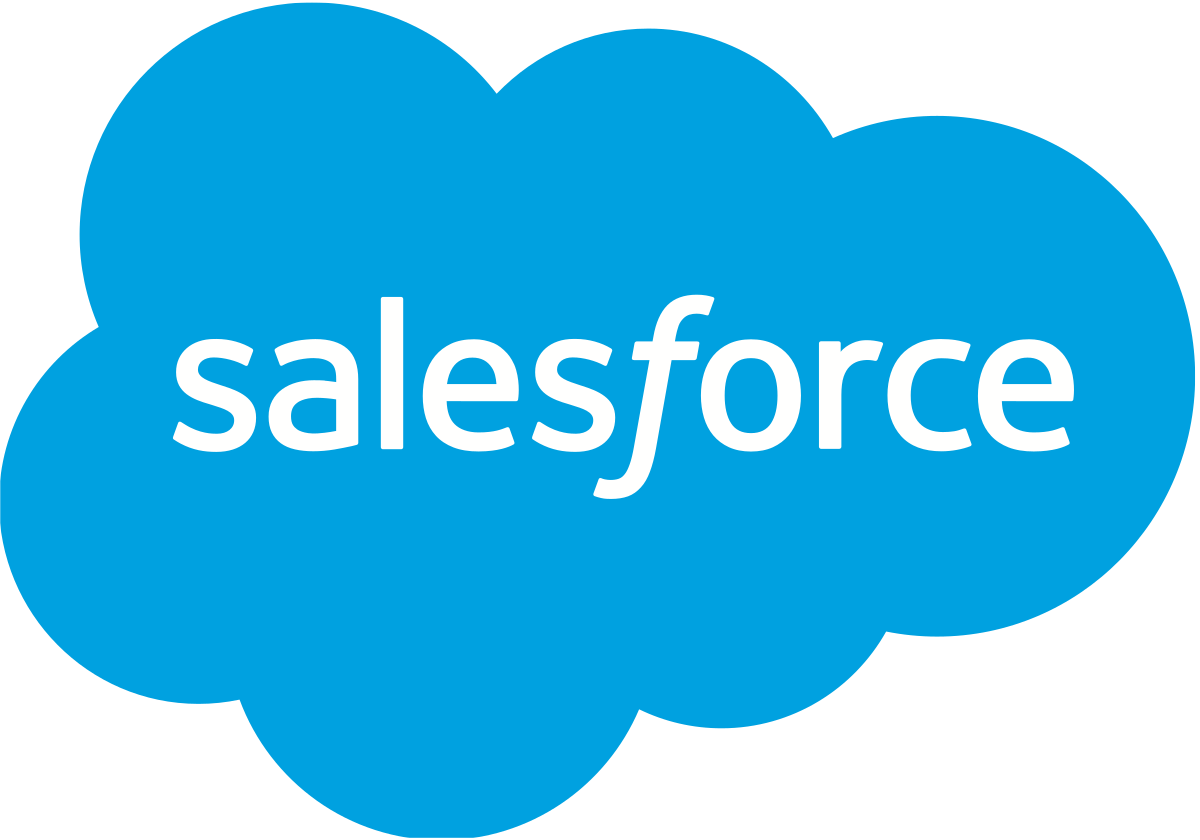
Salesforce CEO Marc Benioff just admitted he eliminated 4,000 customer support jobs with AI chatbots and called it the "most exciting" period of his career. That's 4,000 people whose careers got automated away so Benioff could get excited about his profit margins.
"I Need Less Heads" - The Most Tone-Deaf Quote of 2025
Benioff's Labor Day weekend confession was brutally honest: "I've reduced it from 9,000 heads to about 5,000 because I need less heads." Less heads. Not fewer employees, not workforce optimization - less heads. That's how Silicon Valley CEOs talk about human beings when they think nobody's listening.
4,000 people just learned their customer service skills are worth less than a chatbot. Half of Salesforce support interactions are now handled by AI, and the other half are probably next. These aren't assembly line jobs - these were knowledge workers with college degrees who thought they were safe from automation.
The "Retraining" Bullshit
Benioff claims they're "retraining and reallocating" staff from support to enterprise sales, but let's be real about what that means. Going from customer support to enterprise sales isn't exactly a lateral move. Most customer service reps don't have the relationship-building skills, technical knowledge, or frankly the personality type to succeed in enterprise B2B sales.
The truth is simpler: Salesforce eliminated 4,000 positions and maybe found new roles for a few hundred of the best performers. The rest got severance packages and LinkedIn job hunting notifications with helpful suggested connections to other unemployed customer service reps. I've seen this playbook before - they'll offer some bullshit "career transition workshop" where someone tells you that "customer service skills transfer to sales" while you watch your COBRA premium eat through your savings account.
First Concrete Evidence of White-Collar AI Displacement
Benioff's disclosure provides the first major concrete evidence that AI automation is directly replacing thousands of white-collar workers at scale. While much AI job displacement discussion has remained theoretical or focused on blue-collar work, this represents a clear case of AI eliminating knowledge worker positions.
Salesforce is San Francisco's largest private employer, making a 4,000-person reduction attributed largely to AI particularly significant for both the local economy and broader employment trends.
The Broader Labor Market Implications
The revelation immediately sparked debate about AI's employment impact across industries. While optimists argue that AI will create new opportunities—and Salesforce is indeed hiring in AI development and sales—critics warn that Benioff's "need less heads" approach may preview widespread job displacement. Labor unions are calling for stronger worker protections, while economists at MIT have published research on AI's impact on employment patterns.
Labor economists note that customer service has long been viewed as vulnerable to automation research, but the speed and scale of Salesforce's transition surprised many observers. The company's experience suggests that AI job displacement may happen faster than many workforce experts predicted.
Retraining vs. Replacement
Benioff emphasized that the company is working to retrain affected employees for other roles within Salesforce rather than simply eliminating positions entirely. However, the net result is still a significant reduction in customer service headcount, raising questions about whether retraining programs can keep pace with AI-driven job elimination.
The challenge extends beyond individual companies: if AI enables widespread productivity gains that reduce labor needs, the broader economy will need to grapple with how to manage such transitions while ensuring worker welfare and economic stability.
Setting the Stage for Industry-Wide Changes
As one of the world's largest software companies, Salesforce's AI-driven workforce transformation is likely being closely watched by other corporations considering similar moves. The company's apparent success in maintaining customer service quality while cutting support staff in half could encourage widespread adoption of similar strategies.
For workers in customer service and other potentially AI-replaceable roles, Benioff's candid admission serves as both a wake-up call and a preview of the employment landscape transformation that AI may bring to white-collar work across industries. Career counselors are already advising workers to develop AI-resistant skills.
